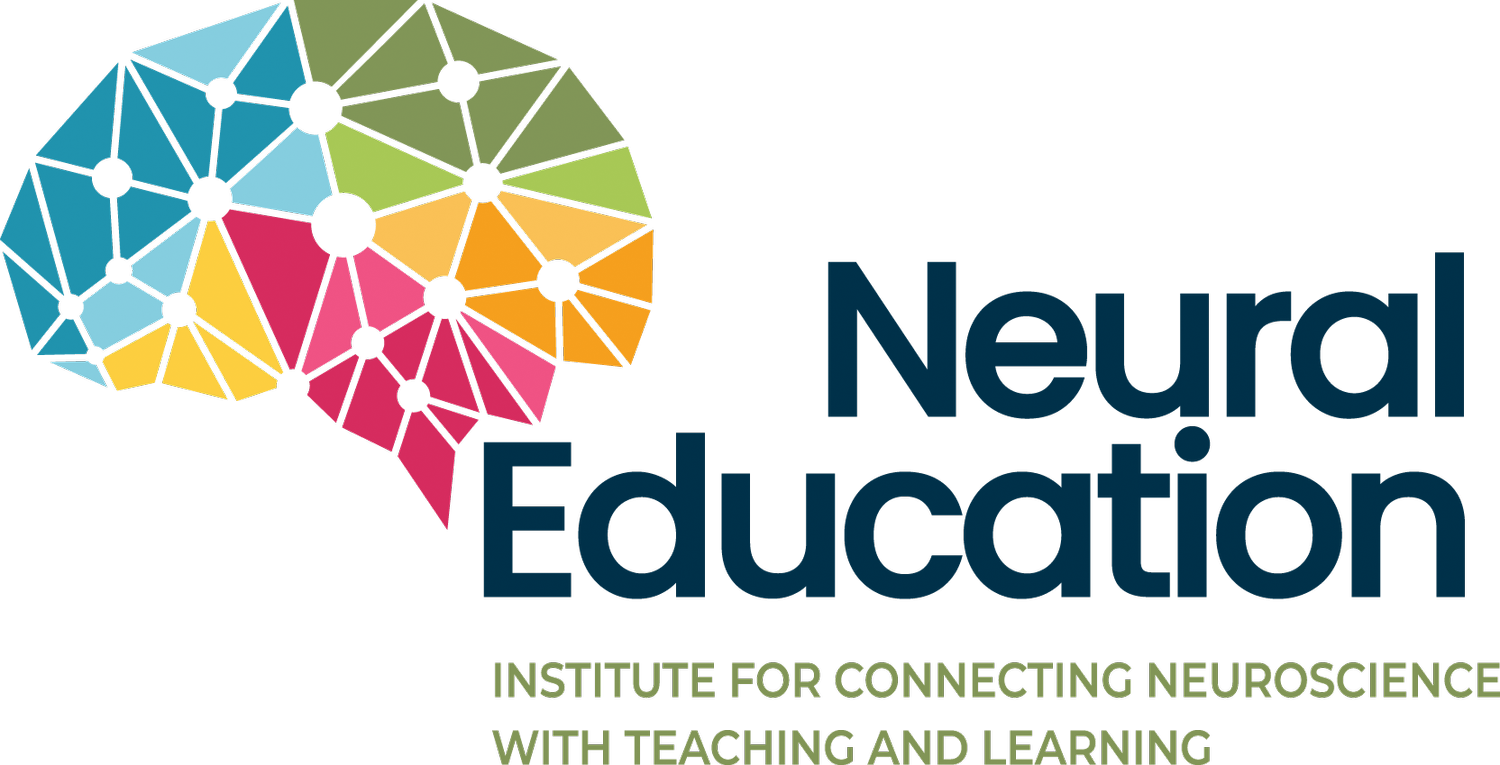Praise for Progress: Focusing on Your Child's Hard Work
Dr. Jo Boaler is a professor of mathematics education at Stanford University and the faculty director of YouCubed (Ya! Free lessons!). YouCubed is a non-profit that aims to inspire and empower students and teachers in mathematics. Dr. Boaler is a leading researcher in mathematics education, focusing on neuroplasticity and how to create brain-aligned, multidimensional (aka multimodal/multisensory) teaching and learning opportunities - that work in every subject and at any age!
As Neural Educators, we understand that - Brain is brain! One of Dr. Boaler's main areas of research is in the field of mindsets (She is friends with Carol Dweck!). She has shown that students' beliefs about their ability to learn mathematics can profoundly impact their academic achievement. Her work emphasizes the importance of creating a growth mindset in students, where they see mathematics as something they can learn and improve in, rather than a fixed ability they either have or do not have.
Dr. Boaler has also done extensive research on the effectiveness of different approaches to mathematics teaching. She has developed and implemented innovative teaching methods emphasizing inquiry-based learning and problem-solving, rather than rote memorization of procedures. Her work has shown that these methods can lead to better learning outcomes, greater student engagement, and enjoyment of mathematics. Her book, Limitless Mind, explores the myth that our brains are static and reveals SIX KEYS to unlocking limitless potential in our students. Check them out!
“A lot of scientific evidence suggests that the difference between those who succeed and those who don't is not the brains they were born with, but their approach to life, the messages they receive about their potential, and the opportunities they have to learn.”
- Dr. Jo Boaler
One of the ways that students develop a limiting fixed mindset is from the seemingly benign compliment, "You are so smart." Gulp! As a teacher and a parent, those words have slipped many times. The good news is that we, too, have brain plasticity and can shift our language. As we know better, we do better!
Here are some “shift in language” suggestions from Dr. Boaler.
Fixed Praise
You can divide fractions? Wow, you are smart!
You solved that tricky problem like that? That is so smart!
You are on the honor roll? You must be really smart!
Growth Praise
You can divide fractions? That is great that you have learned how to do that!
I loved your solution to the problem: it is so creative.
You are on the honor roll? You must have worked really hard.
Growth praise refers to the specific type of feedback that emphasizes effort, progress, and development rather than innate ability or talent. Dweck and Boaler’s research has shown that promoting a growth mindset by providing growth praise can improve academic performance in by increasing persistence and intrinsic motivation. Overall, promoting a growth mindset and providing growth praise can be powerful tools for improving academic performance and fostering a love of learning. By emphasizing the importance of effort, progress, and building self-regulation strategies, students can develop the skills they need to succeed in our 21st-century world.
